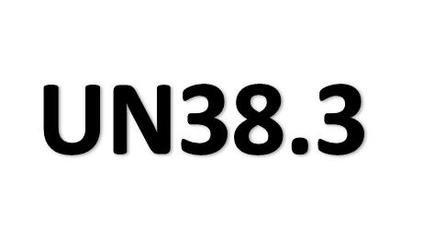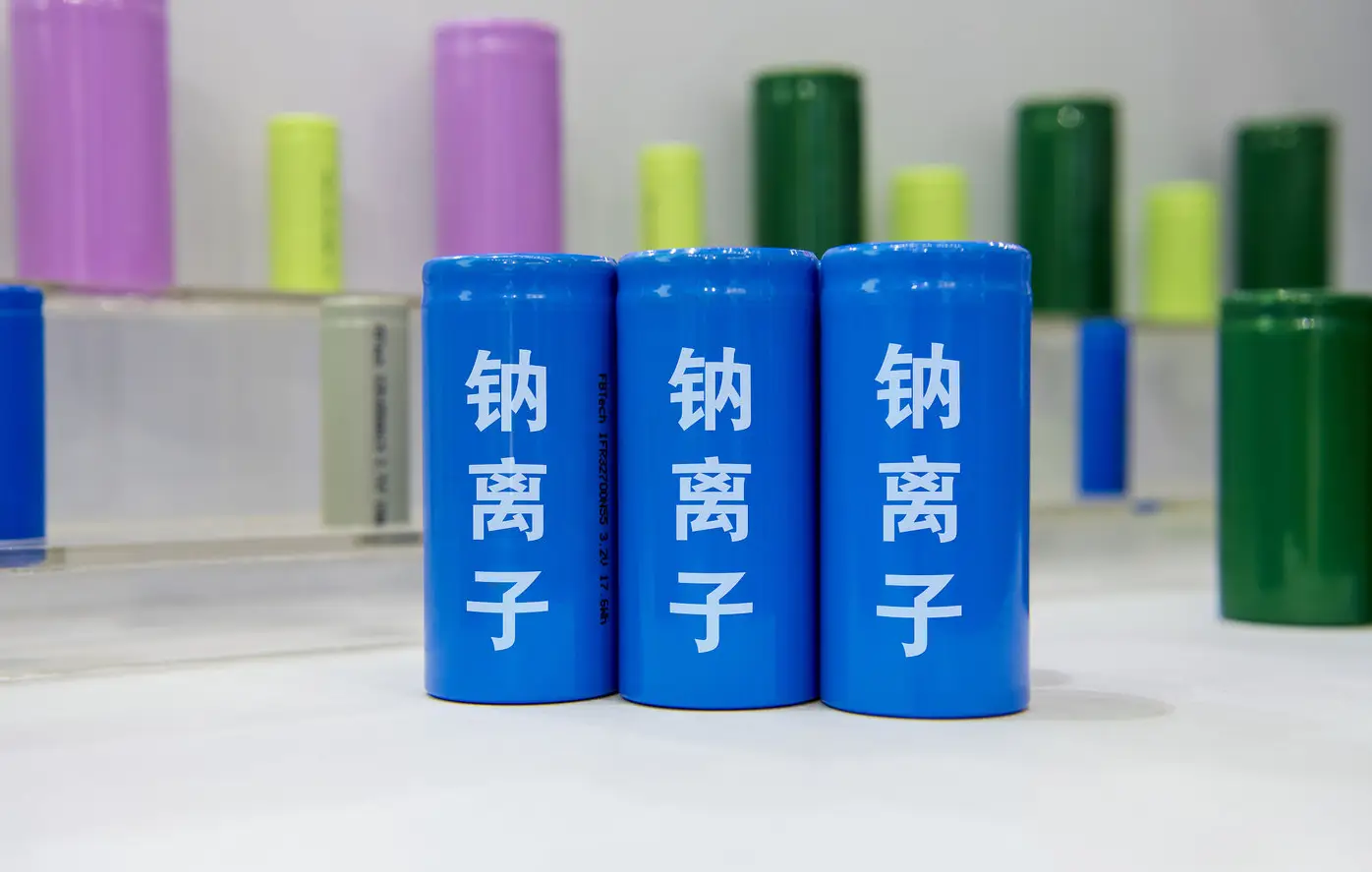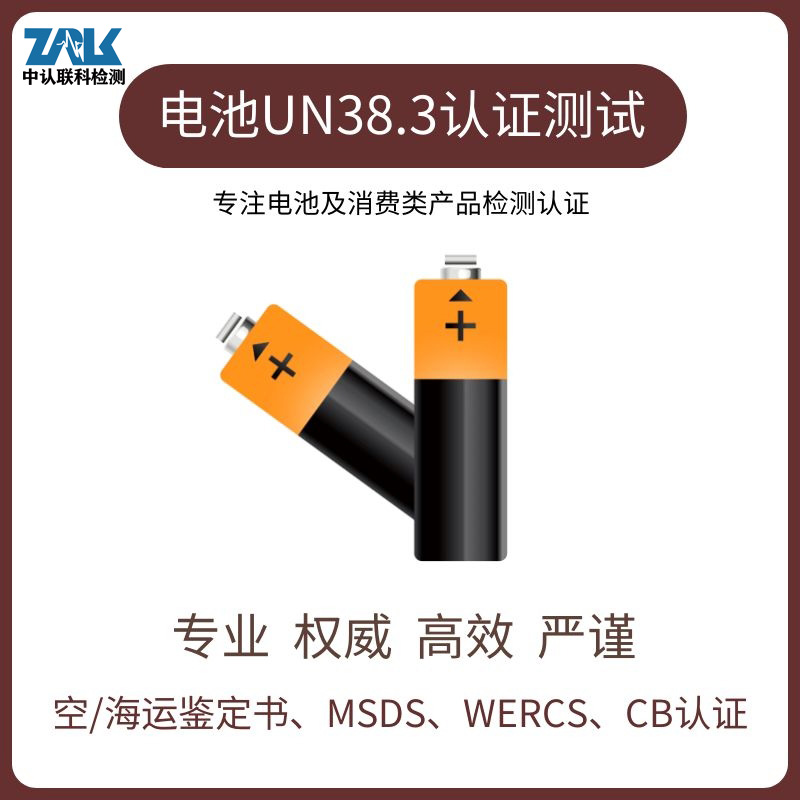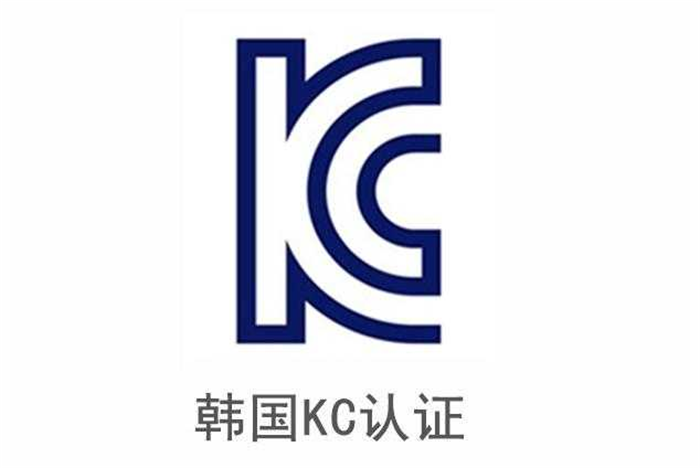With the rapid development of new energy technology, sodium battery as a new energy storage solution, because of its rich resources, low cost and other advantages, gradually attracted the attention of the market. However, whether used in consumer electronics or industrial equipment, sodium batteries need to strictly comply with international safety standards during transportation, especially UN38.3 certification.

What is UN38.3 Certification?
UN38.3 certification is a battery transport safety test standard stipulated in Section 38.3 of Part III of the Manual of Tests and Criteria issued by the United Nations. The standard aims to ensure the safety of dangerous goods such as lithium batteries and sodium batteries during transportation and prevent accidents caused by battery short circuit and overheating. The UN38.3 certification covers the performance test of the battery under different environmental conditions, including height simulation, temperature cycling, shock, vibration and other tests to ensure that the battery can still work safely under extreme conditions.
Why do sodium batteries need UN38.3 certification?
Although sodium batteries have higher safety than lithium batteries, there are still certain risks in the transportation process. For example, improper transport conditions can lead to a short circuit inside the battery, which can lead to a fire or explosion. UN38.3 certification through a series of rigorous tests to ensure that sodium batteries do not pose a hazard to people, equipment and the environment during transportation. Therefore, both manufacturers and logistics companies must ensure that the sodium batteries they transport have passed the UN38.3 certification.

UN38.3 Authentication process
1, submit an application: The production enterprise needs to submit an application to a qualified testing and certification body, and provide the relevant technical information of the battery.
2. Test preparation: The testing institution shall prepare the corresponding test equipment and environment according to the UN38.3 standard.
3, perform tests: including height simulation, temperature cycle, shock, vibration and other tests to ensure that the battery can operate safely under various conditions.
4, result evaluation: The testing institution evaluates according to the test results to confirm whether the battery meets the UN38.3 standard.
5, certificate: After passing the test, the testing agency will issue the UN38.3 certification certificate, the enterprise can legally transport its sodium battery products.

As a professional testing and certification company, ZRLK has rich experience and advanced testing equipment to provide sodium battery manufacturers with efficient and accurate UN38.3 certification services. ZRLK's team of experts is not only familiar with international standards, but also can provide customized solutions according to the specific needs of customers, ensuring that the company's sodium battery products can successfully pass the certification and enter the international market.


![[Holiday Notice] ZRLK 2026 Chinese New Year Holiday Schedule](/uploads/image/202602/698559be66d97.jpg)










